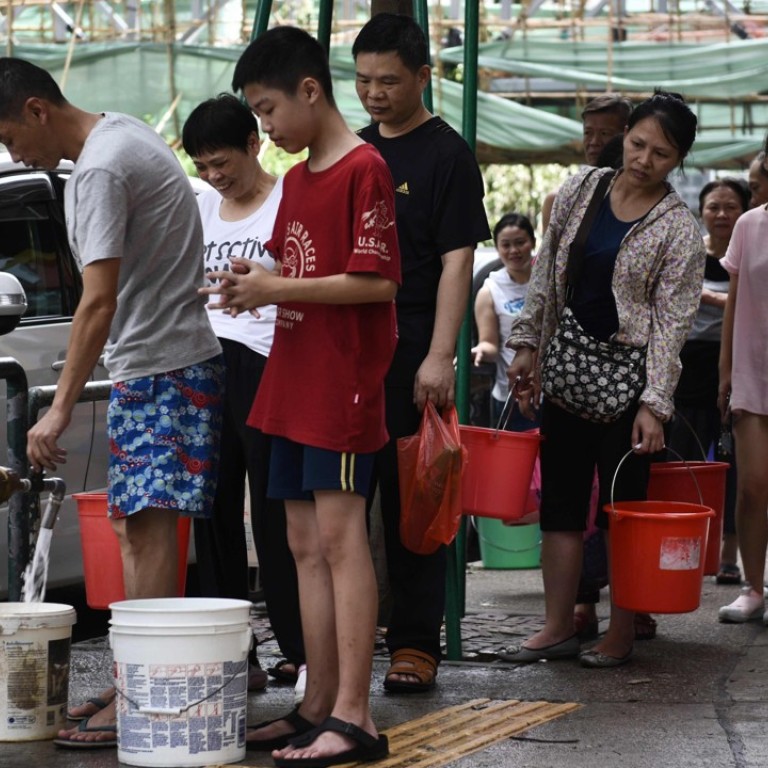
Eight routes to better typhoon management in Macau, as Pakhar response reveals crisis lessons learnt from Hato
Sonny Lo calls for proactive action to protect Macau against the kind of devastation left by Typhoon Hato, from an independent power supply to reinforced emergency services and better urban planning
Typhoon Hato shows there is no room for complacency in disaster planning
Judging from the reactions of Macau’s Civil Protection Action Centre, which dealt with Pakhar, the city’s leadership has learnt a bitter lesson from its failure to take effective precautionary measures against Hato. The following are further lessons that can be learnt in the aftermath of Hato and Pakhar.
Macau avoids the worst of Pakhar
Second, a large wall to the west of Macau could be built to protect from flooding caused by any future typhoon. At the very least, such a protective wall would minimise the serious flooding that often takes place during typhoon season.
Third, the size of Macau’s disciplined forces, including the police and fire services, will have to be enhanced, and stricter controls imposed to prevent unscrupulous taxi drivers charging exorbitant rates during typhoons, as they did during Pakhar.
It is curious why the Macau observatory did not trigger typhoon signals eight and 10 much earlier
Fourth, operational procedures of the observatory must be improved. Hato tracked closer to Macau than Hong Kong, and it is curious why the Macau observatory did not trigger typhoon signals eight and 10 much earlier, unlike Hong Kong, where the observatory reacted far more swiftly. Macau must gather meteorological data on typhoons from the Hong Kong and Guangdong weather stations, to be able to make more accurate predictions and initiate the necessary precautionary measures.
Fifth, Macau’s water supply system will have to be strengthened. The lack of water supply, in some areas for days, not only led to public complaints and discontent, but increased the risk of public health crises. Fortunately, the PLA soldiers were mobilised to sterilise the streets piled high with destroyed construction material, garbage, mud and sand.
Macau observatory chief resigns as government slammed for response to deadly typhoon
Sixth, crisis governance embraces public-private partnership, which could be improved. While Macau’s uniformed services tried their best to restore normality, the private sector, including citizens and interest groups, mobilised to clean up garbage on the streets, supply bottled water and share information. The swiftness of the private sector was impressive. If Macau is regarded as a city full of interest groups, they could be brought under the umbrella of crisis management in a more coordinated and mobilised manner in the future.
PLA garrison mobilised to help with Macau clean-up
Grieving Macau residents recount horror of Typhoon Hato
Proactive typhoon management measurements will see Macau’s legitimacy strengthened rather than weakened, as was seen after Hato hit the city.
Sonny Lo is a professor of politics at HKU SPACE

